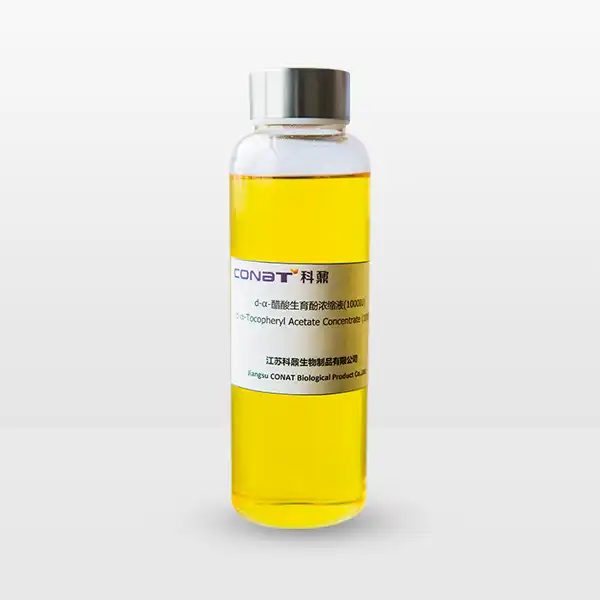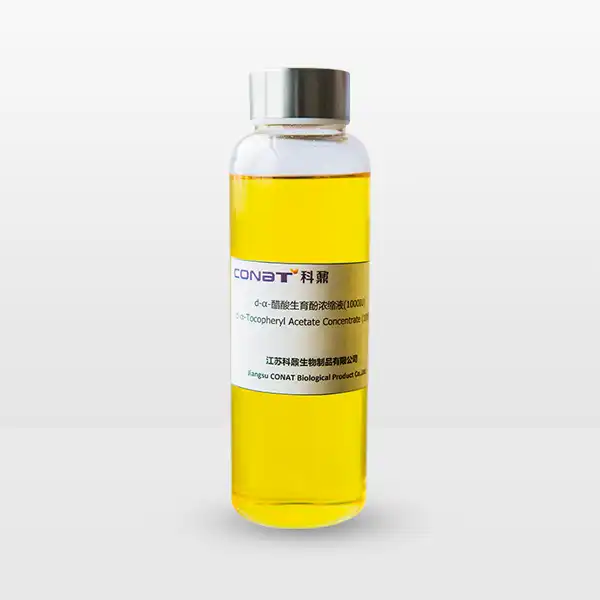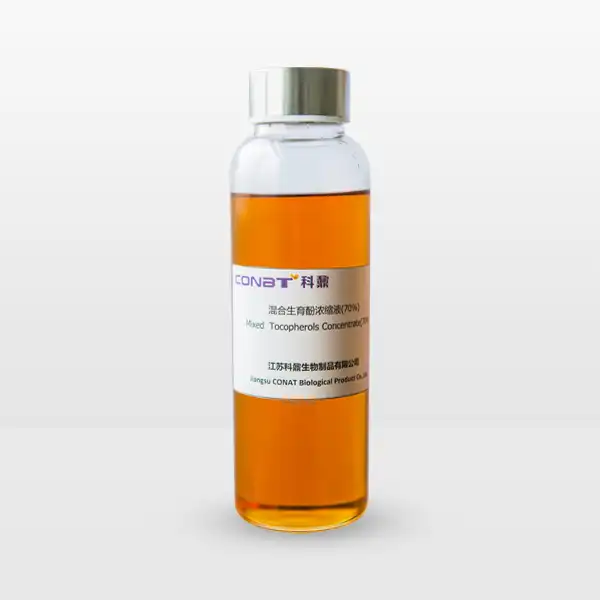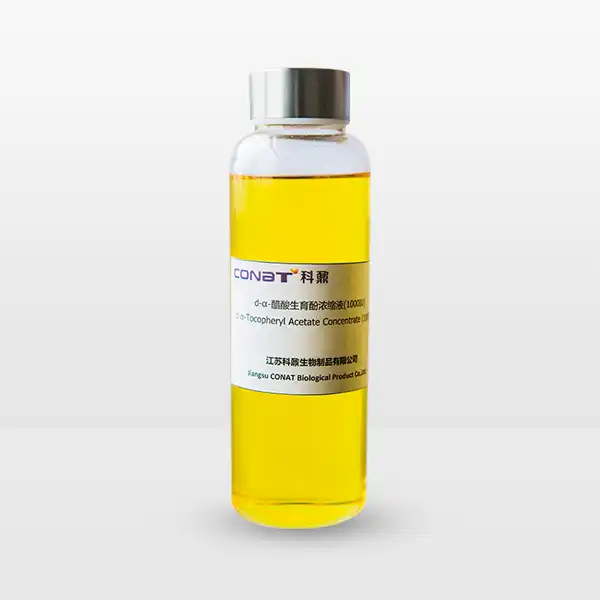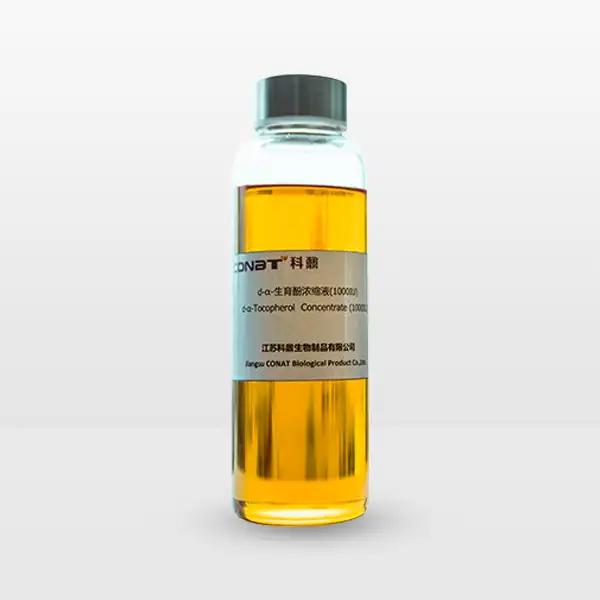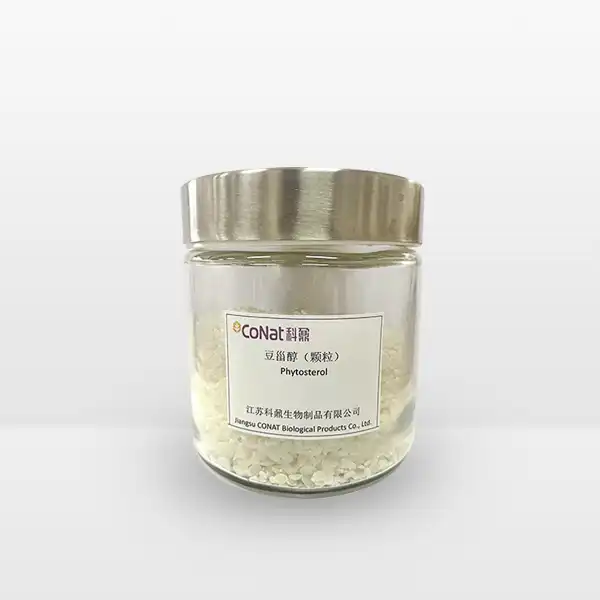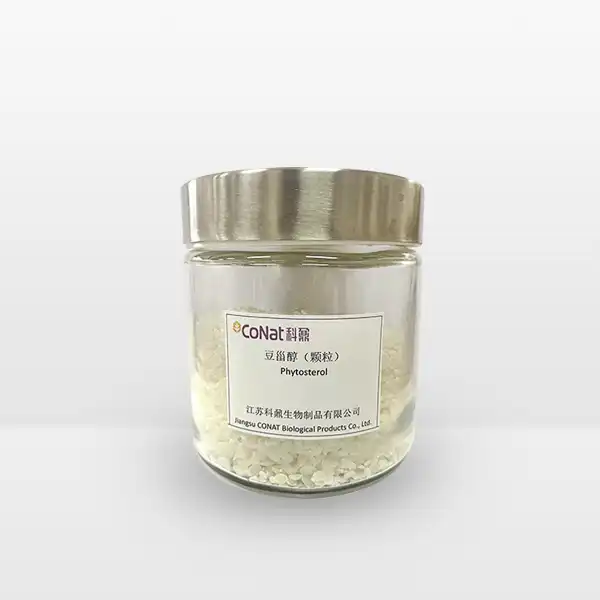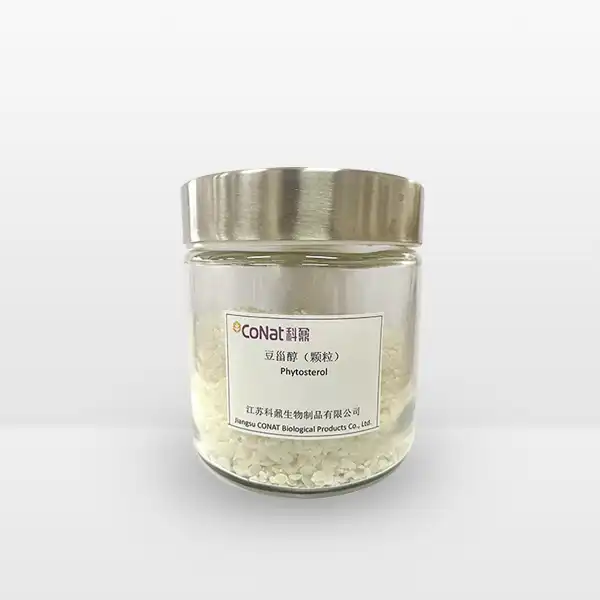- English
- French
- German
- Portuguese
- Spanish
- Russian
- Japanese
- Korean
- Arabic
- Greek
- German
- Turkish
- Italian
- Danish
- Romanian
- Indonesian
- Czech
- Afrikaans
- Swedish
- Polish
- Basque
- Catalan
- Esperanto
- Hindi
- Lao
- Albanian
- Amharic
- Armenian
- Azerbaijani
- Belarusian
- Bengali
- Bosnian
- Bulgarian
- Cebuano
- Chichewa
- Corsican
- Croatian
- Dutch
- Estonian
- Filipino
- Finnish
- Frisian
- Galician
- Georgian
- Gujarati
- Haitian
- Hausa
- Hawaiian
- Hebrew
- Hmong
- Hungarian
- Icelandic
- Igbo
- Javanese
- Kannada
- Kazakh
- Khmer
- Kurdish
- Kyrgyz
- Latin
- Latvian
- Lithuanian
- Luxembou..
- Macedonian
- Malagasy
- Malay
- Malayalam
- Maltese
- Maori
- Marathi
- Mongolian
- Burmese
- Nepali
- Norwegian
- Pashto
- Persian
- Punjabi
- Serbian
- Sesotho
- Sinhala
- Slovak
- Slovenian
- Somali
- Samoan
- Scots Gaelic
- Shona
- Sindhi
- Sundanese
- Swahili
- Tajik
- Tamil
- Telugu
- Thai
- Ukrainian
- Urdu
- Uzbek
- Vietnamese
- Welsh
- Xhosa
- Yiddish
- Yoruba
- Zulu
Is D-Alpha Tocopherol Succinate Gluten Free?
In the world of dietary supplements and vitamins, D-Alpha Tocopherol Succinate, a potent form of vitamin E, has gained significant attention among health-conscious individuals, particularly those with gluten sensitivities or celiac disease. To address the growing concern about gluten content in supplements, it's important to note that D-Alpha Tocopherol Succinate is inherently gluten-free in its pure form. This natural ester of vitamin E is synthesized from vegetable oils and does not contain any wheat, rye, barley, or their derivatives, making it a safe option for those following a gluten-free lifestyle. The increasing awareness of gluten sensitivity and celiac disease has led to greater scrutiny of supplement ingredients, making it crucial for consumers to understand the nature and composition of their vitamin supplements. As a fat-soluble vitamin compound, D-Alpha Tocopherol Succinate's molecular structure and production process naturally exclude gluten-containing components.
What Are the Benefits of D-Alpha Tocopherol Succinate Compared to Other Forms of Vitamin E?
D-Alpha Tocopherol Succinate stands out as one of the most effective forms of vitamin E due to its unique molecular structure and enhanced bioavailability. This form is particularly noteworthy because it exhibits superior stability and absorption characteristics compared to other vitamin E variants. The succinate ester form provides a time-release effect, allowing for sustained absorption and utilization by the body. Research has shown that this form maintains higher blood levels over time compared to standard vitamin E preparations.
The superiority of D-Alpha Tocopherol Succinate lies in its ability to penetrate cell membranes more effectively. Once inside the cells, it undergoes controlled hydrolysis, releasing the active form of vitamin E precisely where it's needed. This targeted delivery system enhances its antioxidant properties and cellular protection capabilities. Studies have demonstrated that this form is particularly effective in supporting immune function, maintaining cardiovascular health, and protecting cells from oxidative stress.
Recent clinical research has revealed that D-Alpha Tocopherol Succinate plays a crucial role in supporting cellular health through multiple mechanisms. Its antioxidant properties help neutralize harmful free radicals that can damage cellular structures and DNA. Additionally, this form of vitamin E has been shown to support healthy inflammatory responses within the body, contributing to overall wellness and longevity. The compound's ability to accumulate in various tissues provides comprehensive protection throughout the body, making it an ideal choice for those seeking optimal antioxidant support.
Furthermore, D-Alpha Tocopherol Succinate has shown remarkable potential in supporting overall health. Its unique molecular structure allows it to accumulate in various tissues, providing comprehensive antioxidant protection throughout the body. Research indicates that this form of vitamin E may be up to 1.7 times more bioavailable than other forms, making it an efficient choice for those seeking to optimize their vitamin E intake through supplementation.
How Is D-Alpha Tocopherol Succinate Manufactured and What Sources Is It Derived From?
The manufacturing process of D-Alpha Tocopherol Succinate involves a sophisticated series of steps that begin with the extraction of natural vitamin E from vegetable sources. The primary sources typically include soybean oil, sunflower oil, and other plant-based oils rich in natural vitamin E. The extraction process utilizes advanced molecular distillation techniques to isolate the D-alpha tocopherol component, which is then esterified with succinic acid to create the succinate form.
The production methodology adheres to strict quality control measures to ensure purity and potency. Modern manufacturing facilities employ state-of-the-art technology to maintain precise temperature control and prevent oxidation during the production process. This attention to detail is crucial as it affects the final product's stability and effectiveness. The manufacturing process also includes multiple filtration steps to remove any potential contaminants and ensure the final product meets pharmaceutical-grade standards.
Quality manufacturers conduct rigorous testing throughout the production process to verify the absence of gluten and other common allergens. This includes testing raw materials, monitoring the production environment, and analyzing the final product. The manufacturing facilities often maintain dedicated production lines to prevent cross-contamination with gluten-containing substances, ensuring the safety of the product for gluten-sensitive individuals.
The sourcing of raw materials is equally important in the manufacturing process. Manufacturers carefully select suppliers who can provide high-quality, traceable ingredients. The vegetable oils used must meet specific standards for purity and vitamin E content. Advanced analytical techniques are employed to verify the authenticity and quality of these source materials before they enter the production process. This careful selection and verification process helps ensure the final product's efficacy and safety.
Can People with Celiac Disease Safely Take D-Alpha Tocopherol Succinate Supplements?
For individuals with celiac disease, the safety of any supplement is of paramount importance. D-Alpha Tocopherol Succinate supplements, when properly manufactured and certified, are generally safe for people with celiac disease. However, it's crucial to understand that while the active ingredient itself is gluten-free, the overall safety depends on several factors including the manufacturing process, additional ingredients, and potential cross-contamination risks.
Reputable manufacturers ensure their D-Alpha Tocopherol Succinate supplements are produced in facilities that follow Good Manufacturing Practices (GMP) and maintain strict protocols to prevent gluten contamination. Many companies obtain third-party certifications specifically for gluten-free status, providing an additional layer of assurance for celiac patients. These certifications typically require regular testing and auditing to maintain their validity.
When selecting a D-Alpha Tocopherol Succinate supplement, individuals with celiac disease should look for products that explicitly state "gluten-free" on their labels and are certified by recognized organizations. It's also important to examine the complete ingredient list, as some supplements may contain additional ingredients or fillers that could potentially contain gluten. Consulting with healthcare providers who are knowledgeable about celiac disease can provide personalized guidance on selecting appropriate supplements.
The growing awareness of celiac disease has led to improved manufacturing standards and labeling practices in the supplement industry. Many manufacturers now implement comprehensive allergen control programs that include regular testing for gluten contamination. These programs often involve multiple checkpoints throughout the production process, from raw material receipt to final product packaging. Such rigorous quality control measures help ensure that D-Alpha Tocopherol Succinate supplements remain safe for individuals with celiac disease.
It's worth noting that the supplement industry's response to the needs of celiac patients has resulted in enhanced transparency in labeling and manufacturing processes. Many companies now provide detailed information about their gluten-free certification processes and testing protocols on their websites or product packaging. This transparency allows consumers with celiac disease to make informed decisions about their supplement choices. Additionally, some manufacturers maintain dedicated gluten-free facilities or production lines, further reducing the risk of cross-contamination.
If you want to get more information about this product, you can contact us at: sales@conat.cn.
References:
1. Journal of Nutrition and Metabolism (2023). "Bioavailability and Efficacy of Different Vitamin E Forms"
2. International Journal of Molecular Sciences (2023). "D-Alpha Tocopherol Succinate: Manufacturing Processes and Quality Control"
3. Celiac Disease Foundation (2024). "Safety Guidelines for Supplement Selection"
4. American Journal of Clinical Nutrition (2023). "Vitamin E Forms and Their Therapeutic Applications"
5. Nature Reviews Drug Discovery (2023). "Novel Approaches in Vitamin E Delivery Systems"
6. European Journal of Clinical Nutrition (2023). "Gluten-Free Supplement Manufacturing Standards"
7. Journal of Agricultural and Food Chemistry (2023). "Sources and Extraction Methods of Natural Vitamin E"
8. Clinical Nutrition (2023). "Supplement Safety for Celiac Disease Patients"
9. Pharmaceutical Research (2023). "Quality Control in Vitamin E Supplement Production"
10. Advances in Nutrition (2023). "Bioavailability Studies of Vitamin E Forms"
